Natural Hair Care Ingredients Are They Better?
With a background in orthodox medicine, holistic alternatives and cosmetic formulating, I can tell you that ‘natural doesn’t always mean better for you’. In this three part series I am going to give you several examples (medicine, haircare, and skincare) where I’ll be exposing some of the products that are classed as ‘natural’ that could be doing you harm. This article focuses on natural hair care ingredients and products.
Disclaimer: Some of the items discussed in this article are condition specific and others will affect everyone. It is up to you to decide what is best for you and what information you choose to follow from this article.
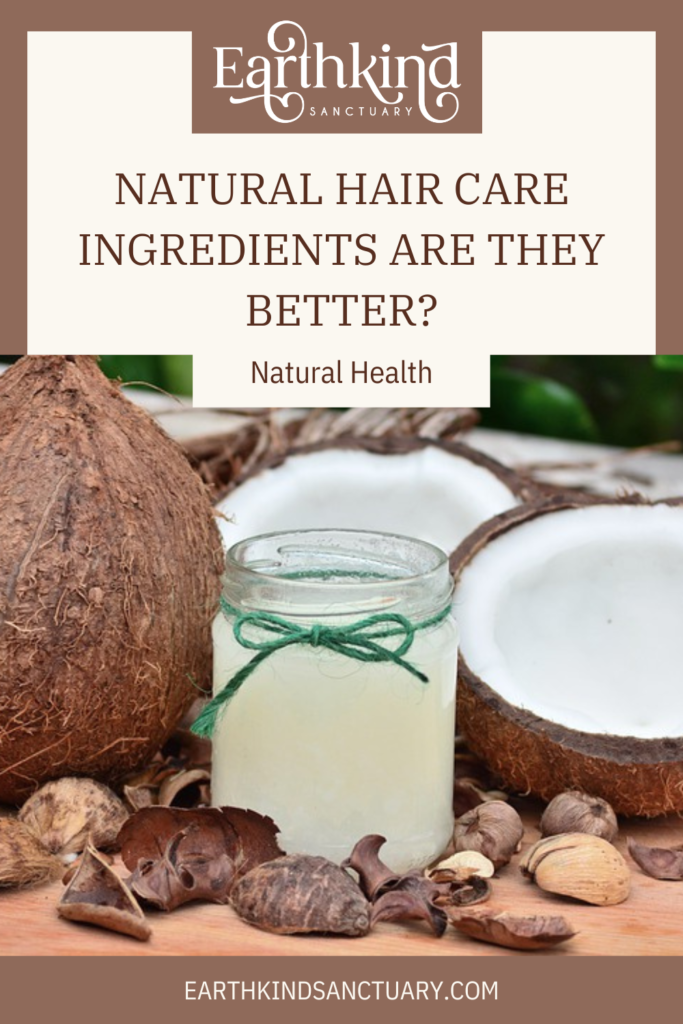
Part 2 Natural Hair Care Ingredients & Products
If you are using commercial products with ‘natural’ ingredients or 100% natural origin homemade haircare, there are a few things you should consider. There is a HUGE number of myths and misconceptions flaunted by the haircare industry with regards to what our hair needs. Haircare companies cleverly leave out vital information in order to sell us new product lines. This makes us believe we need certain products but they fail to show us the proper way to use them. We end up confused as to why we have damaged hair and we continue to buy products in the hope that our hair will be ‘repaired”, ‘protected‘ or ‘nourished’.
The truth is hair longer than an inch from your head is already dead. Dead hair is not going to absorb nutrients, you can’t feed it and it won’t repair itself.
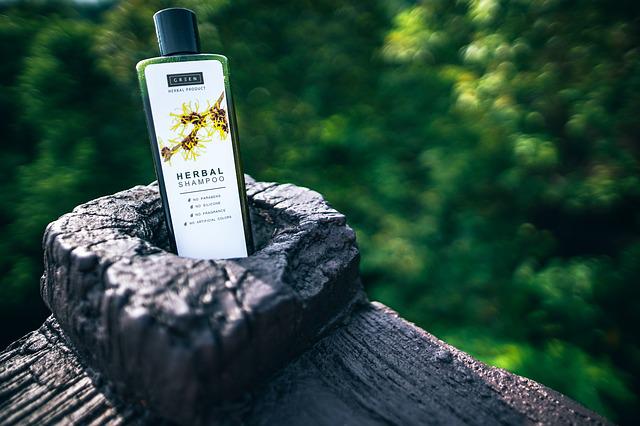
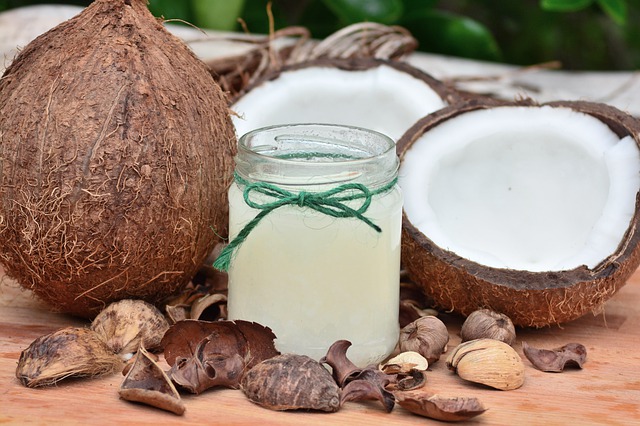
So what is wrong with natural hair care ingredients?
Not enough people have appropriate knowledge of hair, or what their hair actually needs.
We all have different hair types and hair conditions with different needs. Some hair types and need extra nurturing such as coiled, permed and bleached hair. Some people will have a tougher time growing their hair and others will be more prone to fungal conditions of the scalp leading to dandruff. Check out this post ‘what does my hair actually need to be healthy‘.
A note about solid shampoo and conditioner bars. They may seem great on the surface but many of these are often NOT PH balanced. This can affect the scalp in particular. Many of these include ‘alternatives’ to sulphates which can be more damaging then the sulphates themselves. The method used when some people apply solid shampoo bars can also create breakage and a rough surface to the hair strand.
I prefer a good liquid product that will apply more evenly through the strands of my hair. However if you’re a fan, you might appreciate this ‘PH Balanced Shampoo Bar Recipe’, that I designed just for you!
Natural ingredients are misunderstood and misused, which creates hair and scalp issues.
With the vast amount of information on the internet, you can be misled into thinking that something is good for you. Particularly when others are giving positive reviews and repeat recommendations. There’s one thing you must remember, the internet is full of people building content. Individuals are stealing each others ideas for a quick following and people are pretending to be ‘experts’ for credit.
Hopefully you’ve adapted to the influx of sponsored posts and campaigns. People claiming a haircare product is what gave them their long luscious hair. (Fact check: Their hair took 15 years to grow that long. The company uses social media models and bloggers to front its product, because it’s just launched a new product line).
Many ‘natural’ ingredients are commonly recommended but are misused in haircare. Two of these are coconut oil and avocado oil. Coconut oil blocks hair follicles, can create fungal conditions that lead to dandruff and can literally cause hair to fall out. Avocado is a highly nutritious, wonderful ingredient but no, it is not going to feed your dead hair vitamins and minerals as it’s often promoted. Here is a must-read for anyone wanting to know more ‘Natural haircare ingredients to stop using now’ .
Commercial product advertising is misleading, especially when it comes to natural products.
Haircare products are often directed to the general public rather then targeting specific, smaller communities of people with common hair issues. This makes us think that all haircare products are for us and we need to use them. The haircare industry makes money by only providing partial information about products.
A lesson we can learn from silicones and sulphates
Silicones and Sulphates are a key example of this. How many of you think sulphates and silicones are bad? If you have very brittle dry and damaged hair silicones (whether natural or unnatural, yes they are naturally available) may well be the only thing holding your hair strands together and stop them breaking.
The complication is that we aren’t taught how to use them. Instead haircare companies see us damaging our hair from using their silicone and sulphate based products and rather then inform us of our misuse, they opt for selling us ‘sulphate free’ alternatives. When we start to use these after silicone based products many will find their hair falls out and I’m going to explain why.
A Guide to silicones and sulphates
- Silicones are great they hold your brittle hair together to maintain the length and improve the look of hair. You CAN get natural origin silicone some are better for your skin, some are better for your hair.
- To prevent a build up of silicones (which become heavy on the hair and cause the hair to snap and break) we need to remove them regularly with a sulphate based shampoo.
- The majority of hair products on the market for many years have contained these sulphates and silicones and this is what our hair has become accustomed to. When we suddenly switch over to sulphate free products without properly removing all of the silicones, layers of silicone will often be left on the hair which may cause the hair to break.
- Removing silicones from your routine may leave your hair unprepared and unprotected from the elements. Silicones can be natural but sulphates are not due to the way they are processed. A completely natural haircare routine might not be suitable for people with naturally weak, fragile or brittle hair types, or those who have dyed or chemically treated hair who need a bit of extra help.
- Many sulphate-free alternatives that they put into natural products are actually more damaging to your hair then the sulphates themselves.
The harsh reality of buying ‘natural’ commercial products
A ‘natural product’ formula must contain 95% upwards of natural ingredients. Many commercial companies will bulk out their ingredients with the first ingredient listed on their product (usually water). On average this ingredient takes up a massive 75-95% of the total formula. Need I mention water = ‘natural’. So if you have brought a commercial ‘natural’ product and the first ingredient is water, don’t be surprised if the only ‘natural’ ingredient in it is just that.
Products that do contain other quantities of ‘natural’ or ‘naturally derived’ ingredients are often NOT enough to render them helpful. In cosmetic products you usually need at least 2-5% of an ingredient for it to prove to be useful or effective. In some cases this is as much as 50-100%. (It’s important to note this isn’t always safe and if you put these quantities into your products they likely won’t pass safety testing). A good ingredient watered down by 50% is still pretty bad. In many commercial cases you’re looking at quantities as miniscule as 0.025%.
So next time you read ‘contains <natural ingredient>’ just remember how little that ingredient is actually doing for you. The reality could be that you are buying a dressed up bottle of water, with a few surfactants added for texture.

So what have we learned?
- Remember to do your research, know your own hair type and scalp condition.
- Be confident in what you hair and scalp does and doesn’t need before applying any product.
- Avoid using internet hyped ingredients instead opt for researching peer reviewed journals like this: Effect of mineral oil, sunflower oil, and coconut oil on prevention of hair damage – PubMed (nih.gov) It is important that you have the ability to translate the information correctly. For instance this article shows that coconut oil is good at ‘protecting‘ by ‘preventing the loss of proteins in undamaged hair‘. It does NOT provide evidence that coconut oil will REPAIR damaged hair.
- Avoid falling for negativity about synthetic ingredients. Often many of these ingredients are available in natural forms. It’s important to remember that some ‘natural’ ingredients are often lab recreated for cost and availability.
- Do NOT fall for sponsored product posts. Don’t let yourself be duped by attractive advertising campaigns and pretty packaging.
- Don’t waste money on products you don’t need.
- Learn to read cosmetic labels so you can identify how ‘natural’ these products really are.
- Don’t get suckered in by fragrance. Just because it smells like apple doesn’t mean it actually contains apple. Too much fragrance in haircare products is damaging.
- Don’t be afraid of sulphates and silicones if you have very fragile damaged hair or want to grow it long. Just make sure you know how to use them.
- Not all natural products are bad for you, but neither are synthetic ingredients. You just need to know what your hair needs. If you really don’t like the idea of using manufactured ingredients, why not try going product free for a while. Just remember to give your hair a rinse with sulphate shampoo to clear out any silicones beforehand, you’d be surprised how many products they are in.
Check out the other articles in this series – medicine – skincare


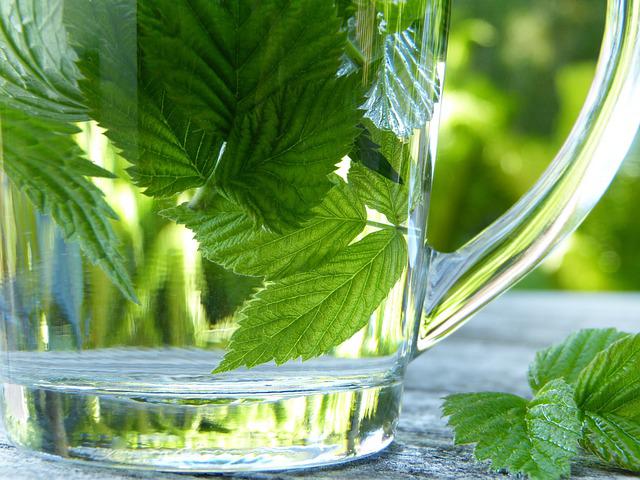
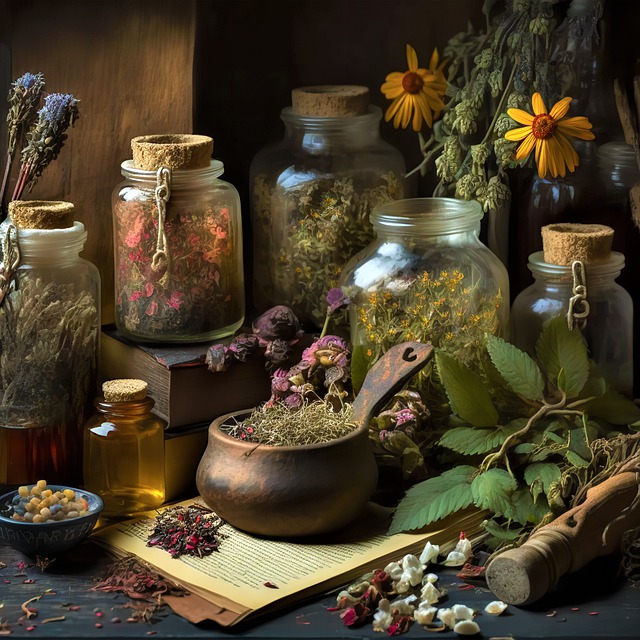
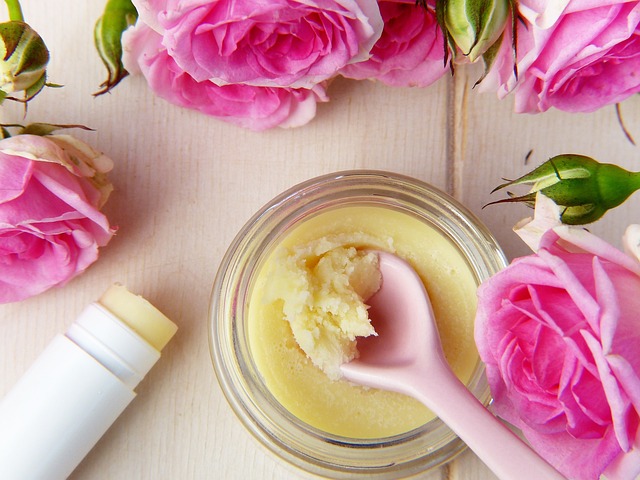
2 Comments